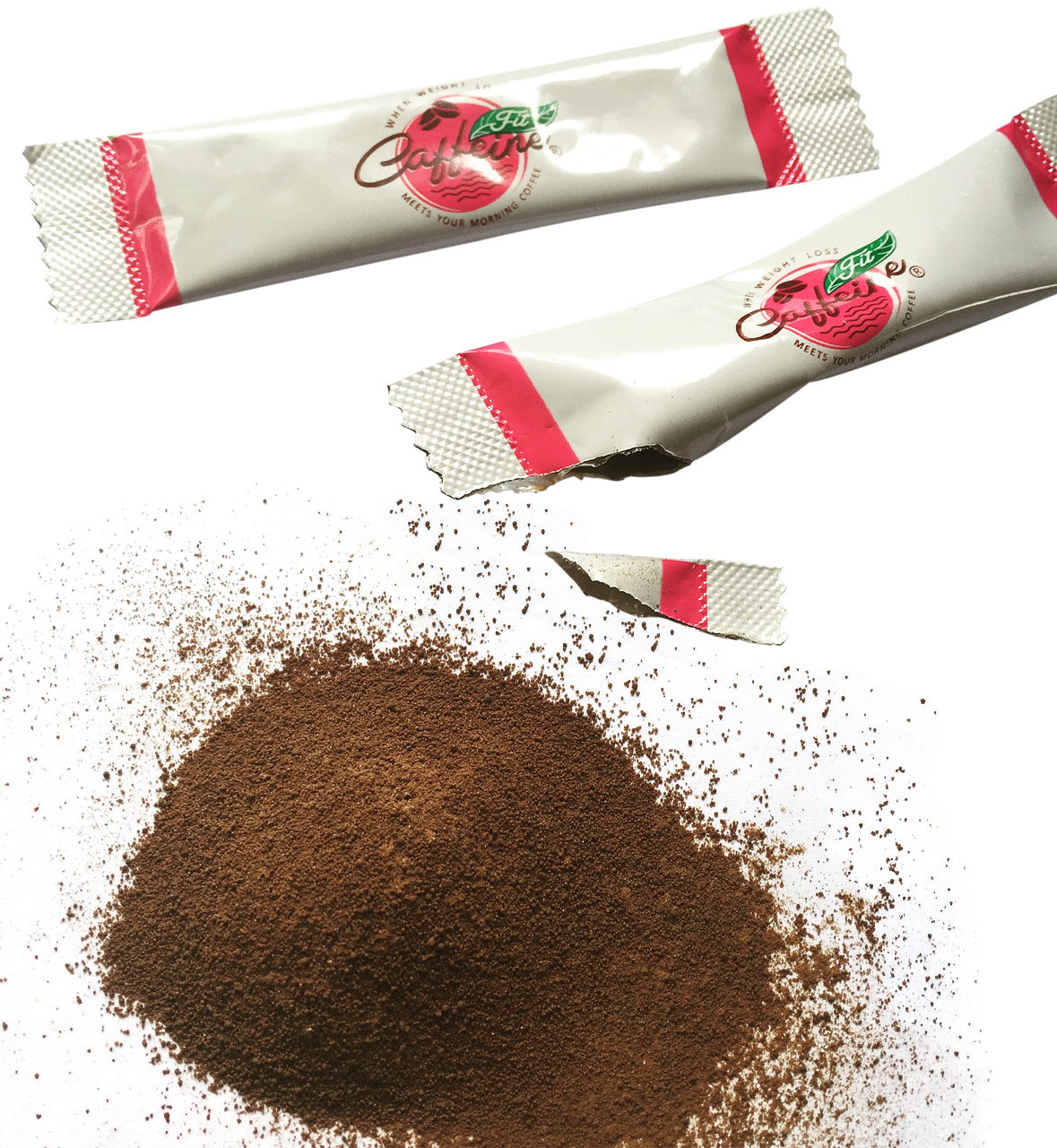Unveiling the Truth: Does Coffee Burn Fat?
In the ever-evolving realm of nutrition research, we’ve grappled with various claims regarding the impact of certain foods and beverages on our bodies. One such topic that has stirred continuous curiosity and debate is the influence of coffee on fat-burning. Conflict straddles both sides, with some sciences asserting it ignites fat oxidation while others contradict, urging caution over punchy java shots. “Unveiling the truth: Does Coffee Burn Fat?” aims to explore the underlying facts and scientific evidence surrounding this controversial question, casting a spotlight on multiple perspectives, recent studies, and findings on coffee’s interaction with the body’s fat metabolism.
The Popular Belief: Coffee Burns Fat
We are often told about superfoods, magical drinks, and secret tips for losing weight quickly. One such commonly touted weight loss trick is the consumption of coffee. Coffee, the favored beverage of millions across the globe, is often hailed for its supposed fat-burning properties. But is there any truth to these claims?
Understanding the General Notion
Coffee’s reputation as a fat burner originates in part from its caffeine content. This stimulant has been credited with increasing metabolism, reducing feelings of tiredness, and potentially helping to burn fat. Yet, it’s important for us to delve deeper and question the validity of these claims, keeping in mind the golden rule that if it seems too good to be true, it often is.
Why Is Coffee Associated with Fat Burning?
This association largely comes from the caffeine content in coffee. Caffeine may help to stimulate the metabolic rate, suppress appetite, and aid in weight management. Discussions about coffee’s potential role in weight loss have also brought the conversation into the mainstream media, further strengthening its association with fat burning.
Coffee and Metabolism
To understand coffee’s potential role in weight loss, it’s essential to comprehend what metabolism is and how coffee may affect it.
What is Metabolism?
Simply put, metabolism is the process through which our bodies convert the food we eat into energy. This energy is then used for everything we do, from basic body functions like breathing to more complex activities like running.
The Effect of Caffeine on Digestion
Caffeine stimulates the digestive system and can increase the speed at which food passes through the body. But does this translate into weight loss? This depends on various factors, including an individual’s overall diet and activity levels.
The Relationship between Caffeine and Metabolism
Caffeine’s primary effect on metabolism is through its ability to stimulate the central nervous system, which can lead to an increase in resting metabolic rate. However, the link is not as straightforward as it seems, and studies have shown that the metabolic increase from caffeine is often relatively small.

This image is property of pixabay.com.
How Does Coffee Interact with Fat?
Apart from its potential impact on metabolism, coffee may also interact with fat directly.
The Effect of Caffeine on Adipose Tissue
Adipose tissue, commonly referred to as body fat, serves a crucial role in maintaining energy balance in our bodies. It’s here where much of the coffee-fat conversation focuses on. Some research suggests that caffeine can promote the breakdown of fats, but the practical implications of these findings are far from definitive.
Activation of Brown Fat
Studies have shown that caffeine could stimulate thermogenesis, or heat production, in brown adipose tissue, commonly known as brown fat, which plays an important role in burning calories.
Types of Coffees and Their Impacts
Not all coffees are created equal, and the type of coffee consumed can influence its impact on weight management.
Black Coffee and Weight Loss
Black coffee, without any additives, has negligible calories, and it is this form of coffee that is often associated with weight loss.
Effects of Sugar and Creamer on Coffee’s Fat-Burning Properties
Adding sugar, cream, or flavored syrups increases the calorie content of coffee, negating any potential fat-burning benefits. These additives could contribute to weight gain if consumed excessively.
Impact of Decaffeinated Coffee
Since much of the purported fat-burning properties of coffee are attributed to caffeine, it stands to reason that decaffeinated coffee would have less of an impact on weight loss. However, decaffeinated coffee still contains other bioactive compounds that may have an effect on metabolism and appetite regulation.

This image is property of pixabay.com.
Caffeine Tolerance and Its Role in Fat Burning
A crucial factor that can influence the fat-burning potential of coffee is caffeine tolerance.
Understanding Caffeine Tolerance
Caffeine tolerance indicates how a person’s body adapts to regular consumption of caffeine. With continual consumption, the body becomes more tolerant to caffeine, and the effects may decrease over time.
How Does Caffeine Tolerance Affect Its Fat Burning Abilities?
Over time, individuals may become tolerant to the effects of caffeine, including its potential effects on metabolism and fat oxidation. Tolerance might decrease caffeine’s potential as a weight loss aid.
Keep in Mind: Potential Risks
While discussing the potential benefits of coffee in burning fat, it’s equally important to be aware of the potential risks and downsides of excessive coffee consumption.
Dangers of Excessive Caffeine Intake
Overconsumption of caffeine can lead to a variety of health problems, including tension, restlessness, and disruption of sleep patterns. It can also lead to issues with the heart, bones, and gastrointestinal system.
Caffeine Crashes
Caffeine can temporarily increase alertness and energy levels, but it’s often followed by a ‘crash’. During this period, one may feel tired, fatigued and may even experience difficulties concentrating.
Risk of Developing a Caffeine Dependency
Regular and frequent consumption of caffeine can potentially lead to dependency. Withdrawal symptoms can include headaches, irritability, and fatigue.

This image is property of pixabay.com.
The Science Behind Coffee and Fat Burning
In the ever-changing world of nutritional science, understanding the link, if any, between coffee and fat burning involves a careful look at the existing scientific literature.
Overview of the Research
Research findings regarding the relationship between coffee consumption and weight loss are mixed. While some studies point to benefits, others suggest no significant impact or even potential negative effects.
Evidence Supporting Coffee as a Fat Burner
Some studies have reported a link between coffee consumption and increased metabolic rate, decreased appetite, or a shift in the kind of fuel our bodies burn for energy. However, these findings are often based on short-term observations rather than long-term weight loss.
Counter-Evidence: Studies suggesting coffee does not burn fat
Several studies have shown no significant effects on weight loss from consuming coffee or have demonstrated that the effects are modest at best.
Coffee’s Role within a Balanced Diet
Despite the ongoing debate surrounding coffee and weight loss, it’s important to understand where coffee fits into a balanced diet.
The Importance of Diet Diversity
Maintaining a diverse and balanced diet is a key aspect of overall health. Diet diversity ensures we get a range of essential nutrients our bodies need to function optimally.
How Does Coffee Fit into a Healthy Diet?
In the context of a balanced diet, coffee is best viewed as one component among many. It can provide certain health benefits, especially when consumed as black coffee, and particularly in moderation.

Effects of Exercise and Coffee
Putting diet aside, what about the interplay between exercise and coffee? Can coffee consumption affect our workouts?
Does Drinking Coffee Enhance Performance During Exercise?
Some studies suggest that consuming caffeine pre-workout can enhance athletic performance by providing an extra boost of energy.
Can Coffee Consumption Aid Post-Workout Recovery?
There’s also some evidence that consuming caffeine with post-workout meals might aid in replenishing muscle glycogen faster.
Conclusion: Does Coffee Really Burn Fat?
The allure of a beverage that could single-handedly increase our metabolic rates and help burn fat is undeniable. However, the scientific jury is still out on whether coffee definitively aids in fat-burning and weight loss.
Summarizing Scientific Consensus
The current scientific consensus is that coffee has a modest effect on fat metabolism but is not a magic weight-loss solution on its own.
Should You Consume Coffee for Fat Burning?
Given the mixed evidence, it is better to rely on a combination of a balanced diet and regular physical activity for weight management. Coffee in moderation can be a part of a healthy lifestyle but expecting it to have a meaningful impact on fat burning seems unrealistic.
Final Verdict Based on Current Evidence
Based on the current evidence, coffee consumption alone is unlikely to lead to significant weight loss. While it won’t hurt – and might help a bit – when consumed in moderation, maintaining reasonable expectations about its potential as a weight loss aid is crucial.



Pingback: The Connection between Coffee Consumption and Fat Burn – Lose Weight With Absolute Minimal Diet – Your All In One Guide to Weight Loss & Nutrition
Pingback: Fact Check: Can Coffee be instrumental in Burning Fat? – Lose Weight With Absolute Minimal Diet – Your All In One Guide to Weight Loss & Nutrition
Pingback: The Science Behind Coffee and Fat Burn – Lose Weight With Absolute Minimal Diet – Your All In One Guide to Weight Loss & Nutrition